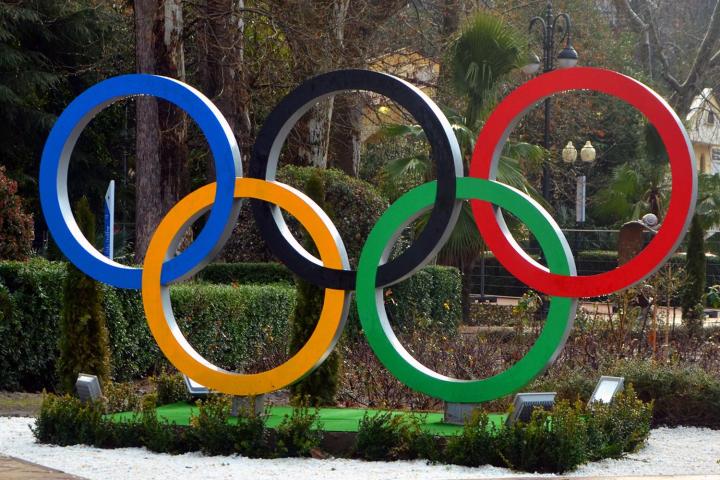
Judge Marcos Josegrei da Silva noted: “The companies began to provide data related to the content of the conversations and data about where those conversations were posted.” While neither Facebook nor Twitter has commented on the details surrounding the case, spokespeople for both companies have noted a zero-tolerance policy for terrorism, and claim to fully cooperate with law enforcement and officials when necessary.
The continuing investigation has been named “Operation Hashtag,” and concerns a suspected plot to carry out attacks on the upcoming Olympics, which are scheduled to begin on August 5. The alleged terrorists are said to have sympathies with Islamic State, but their activity on social media (platforms upon which IS and other extremist groups have previously found significant success in recruitment and spreading propaganda), ultimately led to their capture.
Said Judge da Silva, “There is no anonymity for those sorts of activities on the Internet.”
In recent months, social media companies have begun to play an increasingly important role in efforts to combat terrorism. At the very beginning of the year, top tech CEOs, including those from Twitter, Facebook, Microsoft, and Google, met with White House officials to discuss how to stop extremist groups from using social media to their advantage. More recently, a number of internet giants agreed to the EU’s new hate speech rules, further establishing their stance against intolerance the world over.
Editors' Recommendations
- Facebook’s rebrand isn’t quite as drastic as Twitter’s
- Want better Twitter notifications? New keyword search alert could help
- Twitter is facing its own outages as Facebook users flock to other sites
- Elon Musk advises people to ditch Facebook and use Signal
- Facebook’s new Collab music app is a fun way to play with others


